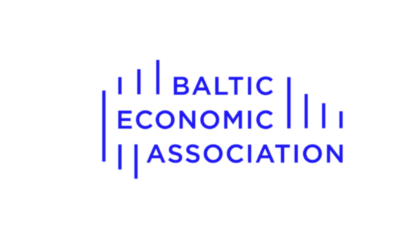Jose Garcia-Louzao (Bank of Lithuania, Vilnius University, CESifo) and Ruben Perez-Sanz (University of Bristol) have recently released a new Bank of Lithuania working paper “Women’s Voice at Work and Family-Friendly Firms”.
Uneven family responsibilities lie at the root of gender gaps. Using a new dataset which covers all firm-level agreements signed in Spain between 2010 and 2018, the authors explore whether the presence of female worker representatives can facilitate the negotiation of family-friendly policies with management. They compare firms which operate under the same set of labor regulations but differ in the presence of women among employee representatives. The findings suggest that having female representatives at the bargaining table can help transform workplaces to better meet women’s needs and ultimately close the gender gap.
Žymantas Budrys (Bank of Lithuania, Vilnius University), Mario Porqueddu (European Central Bank) and Andrej Sokol (Bloomberg LP) have recently released a new Bank of Lithuania working paper “Striking a Bargain: Narrative Identification of Wage Bargaining Shocks”.
The authors quantify wage bargaining shocks’ effects on macroeconomic aggregates in Germany using a structural vector auto-regression model. They identify exogenous variation in bargaining power from episodes of minimum wage introduction and industrial disputes. This disciplines the impulse responses of unemployment and output, and sharpens inference on the behaviour of other variables, which is consistent with theoretical predictions from search and matching models. It is found that wage bargaining shocks are an important contributor to aggregate fluctuations in unemployment and inflation, exhibit close to full passthrough to consumer prices, and imply plausible dynamics for the vacancy rate, firms’ profits, and the labor share

